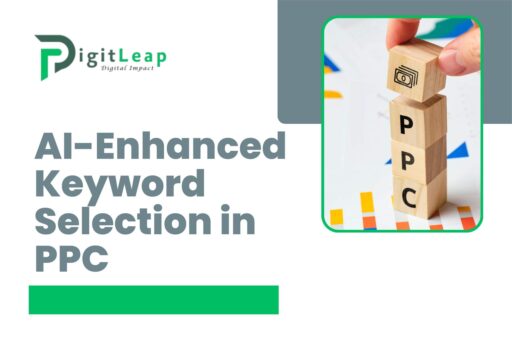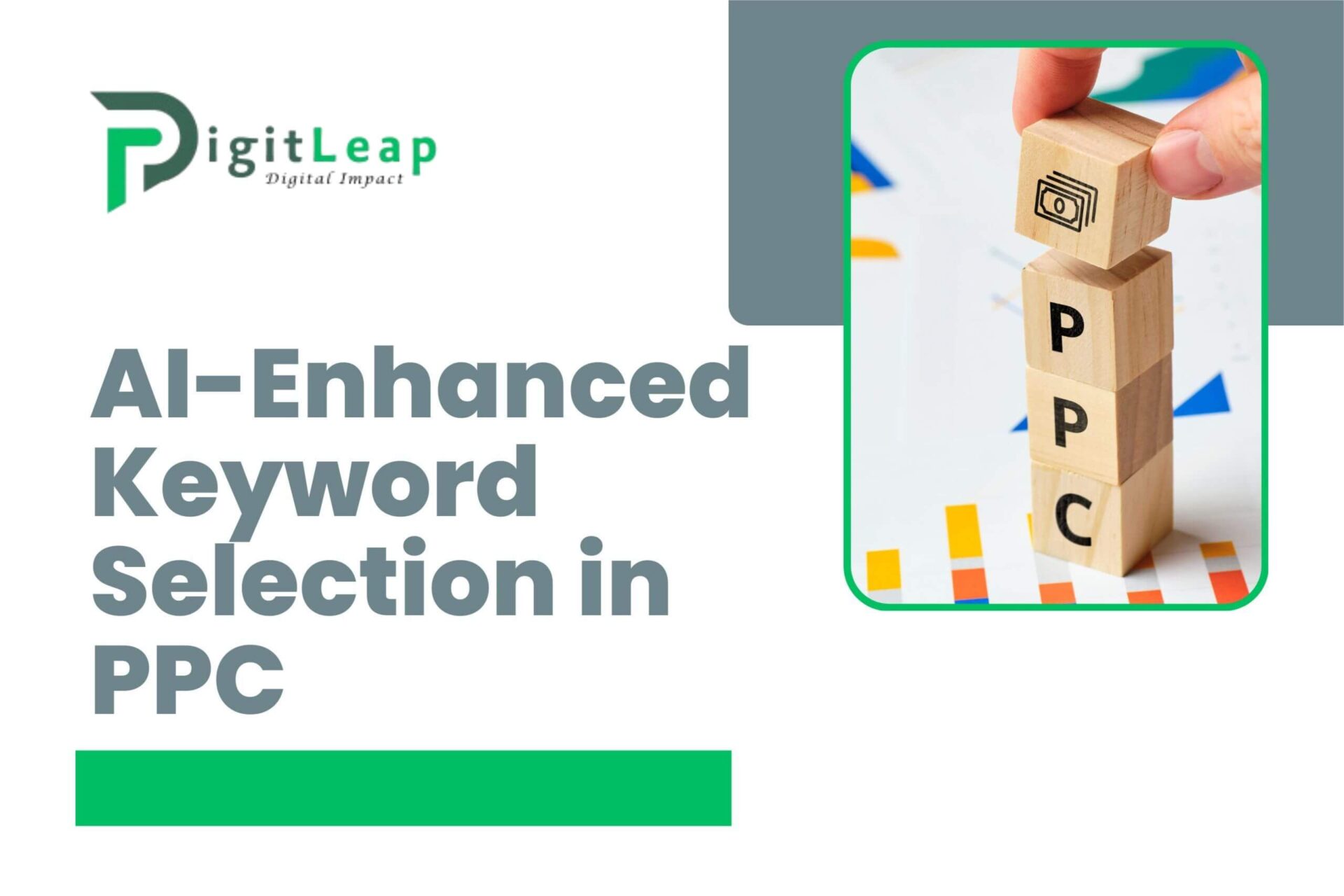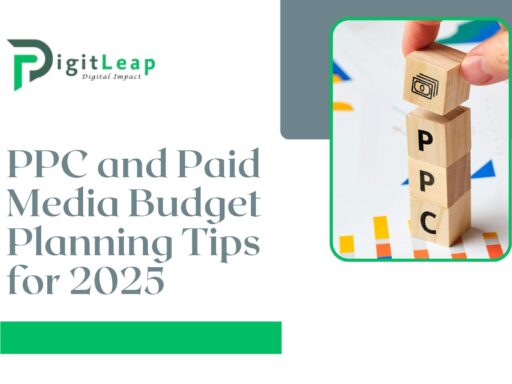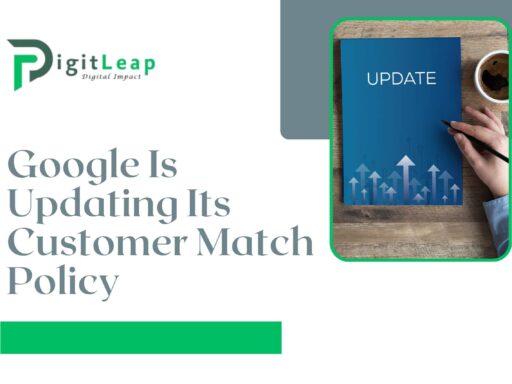In the world of pay-per-click (PPC) advertising, selecting the right keywords has always been a critical factor in driving successful campaigns. With recent advances in artificial intelligence, keyword selection has become more strategic, data-driven, and efficient. AI-enhanced keyword selection empowers marketers to pinpoint the most effective keywords, adapt quickly to trends, and make smarter decisions that maximize return on investment (ROI). Let’s explore how AI is transforming keyword selection in PPC and how it can help businesses enhance their ad performance and reach the right audience effectively.
The Power of AI in PPC Keyword Selection
Artificial intelligence has the ability to analyze vast amounts of data at a speed and accuracy that humans cannot match. By processing user behavior, search trends, and historical performance data, AI tools can identify the most relevant keywords to target. This process not only saves time but also allows PPC campaigns to be more precise, targeting high-converting keywords that are more likely to lead to engagement and conversions.
AI also adapts continuously, learning from campaign performance to refine keyword suggestions and identify emerging trends. This dynamic process is particularly valuable in fast-changing industries, where audience interests and search behaviors can shift rapidly.
How AI-Enhanced Keyword Selection Works
AI-powered keyword selection combines machine learning, natural language processing, and predictive analytics to find keywords that align with a campaign’s goals. Here’s how AI-based tools optimize keyword selection:
- Analyzing Historical Data and Performance Trends
AI uses historical data from previous campaigns to identify patterns in search behavior and keyword performance. By analyzing which keywords led to clicks, conversions, or high engagement rates, AI can predict which keywords are likely to perform well in future campaigns. This historical analysis helps marketers choose keywords with a proven track record. - Identifying Long-Tail Keywords and Search Intent
Long-tail keywords—phrases that are longer and more specific—are often highly valuable in PPC because they target users with clear intent to convert. AI tools can analyze user intent, helping marketers choose long-tail keywords that are highly relevant to what potential customers are searching for. This approach also reduces competition and cost-per-click (CPC) rates, as long-tail keywords are generally less competitive than broad keywords. - Real-Time Trend Analysis and Adaptation
AI-powered tools can monitor real-time trends and adjust keyword recommendations as they happen. For example, if a new product feature or industry development becomes popular, AI can quickly detect shifts in search queries and suggest relevant keywords. This allows PPC campaigns to remain agile, adjusting in real time to capitalize on trending topics and seasonal demands. - Keyword Grouping and Segmentation
AI can automatically group keywords into clusters based on similarity and intent, creating efficient keyword segments. This clustering allows marketers to create highly targeted ad groups and tailor their messaging for different audience segments, resulting in more personalized, relevant ads. Keyword grouping also simplifies management for large campaigns with hundreds or thousands of keywords. - Competitor Keyword Analysis
AI tools can analyze competitors’ keyword strategies, offering insights into which keywords are helping them rank. By monitoring competitor performance, AI can suggest keywords that allow brands to capitalize on market gaps or outperform competitors in specific keyword areas. Competitive analysis also helps marketers understand where their campaigns stand in relation to others, refining their approach for better positioning.
Benefits of Using AI for Keyword Selection in PPC
AI-powered keyword selection offers several advantages that can elevate PPC campaign effectiveness and maximize budget efficiency:
- Increased Precision and Relevance: AI identifies keywords that are most likely to resonate with target audiences, allowing marketers to create ads that are directly aligned with user intent. This relevance improves the likelihood of clicks and conversions, maximizing the impact of each ad.
- Cost Efficiency: By focusing on high-converting and low-competition keywords, AI helps reduce CPC costs. Long-tail keywords and niche phrases suggested by AI can be more affordable, stretching the budget further while maintaining high performance.
- Better ROI: With its predictive capabilities, AI enables marketers to invest more in keywords that are likely to yield the highest returns. This optimization leads to improved ROI, as every dollar spent is targeted at reaching users with the highest potential to convert.
- Time Savings and Improved Productivity: Manually researching and selecting keywords can be time-consuming, but AI tools streamline the process, allowing marketers to focus on strategy and creative development rather than repetitive research tasks.
- Enhanced Adaptability: AI’s ability to monitor and adapt to real-time trends ensures that campaigns remain relevant and effective, even as market conditions and user behaviors change. This adaptability is essential for PPC campaigns in fast-paced industries, where audience interests can shift overnight.
Implementing AI-Driven Keyword Selection in Your PPC Campaigns
To fully leverage AI-enhanced keyword selection, marketers should consider the following best practices:
- Invest in AI-Powered PPC Tools
There are many AI-driven tools available, such as Google Ads’ Smart Bidding, SEMrush, and WordStream, which offer advanced keyword analysis, trend detection, and automated recommendations. Choosing the right tool depends on your budget, campaign size, and specific needs. These tools streamline keyword selection, bidding, and analysis, allowing your campaigns to benefit from AI’s precision. - Integrate with Data Analytics Platforms
Combining AI keyword selection with analytics platforms, like Google Analytics or other third-party tools, can provide deeper insights into campaign performance. This integration allows for real-time tracking, giving marketers a comprehensive view of how each keyword performs and where adjustments are needed. - Continuously Monitor and Adjust Keywords
While AI makes keyword selection more accurate, continuous monitoring is still essential. PPC campaigns benefit from ongoing adjustments based on performance data. By analyzing which keywords perform best, marketers can fine-tune their campaigns, reallocating budget toward high-converting keywords and away from underperformers. - Use AI to Test and Experiment with New Keywords
AI can suggest keywords you may not have considered initially, making it a great tool for testing and experimentation. Setting aside a portion of your budget to test new keywords allows you to explore potential high-ROI options and gives your campaign room to grow as new trends emerge. - Focus on User Intent
While AI identifies keyword patterns, understanding the intent behind these keywords is critical. Use AI insights to create ad copy that aligns with user needs, whether they are searching for information, products, or solutions. Matching ad messaging with user intent leads to higher engagement and conversion rates.
The Future of AI in Keyword Selection and PPC
As AI technology continues to advance, its role in PPC and keyword selection will only grow. Future AI tools are likely to feature even more refined predictive capabilities, anticipating not only current trends but also upcoming shifts in user behavior and market dynamics. Additionally, as natural language processing (NLP) and machine learning improve, AI will become more adept at understanding the nuances of human language, making keyword selection more intuitive and accurate.
Marketers can expect AI to further streamline PPC campaign management, with tools that handle not only keyword selection but also bidding, ad placement, and performance analysis, creating highly efficient campaigns. This evolution will make AI an essential component in PPC, helping businesses stay competitive and agile in an increasingly data-driven landscape.
Conclusion
AI-enhanced keyword selection is transforming how businesses approach PPC advertising, offering tools and insights that make campaigns more precise, efficient, and responsive to market changes. By leveraging AI, marketers can reach the right audience, optimize budgets, and drive better results with minimal manual effort.
At Digit Leap, we specialize in harnessing AI-driven tools to create data-backed PPC strategies tailored to your business goals. With our expertise, you can navigate the complexities of keyword selection and maximize the impact of every ad, empowering your brand to thrive in the digital age.






